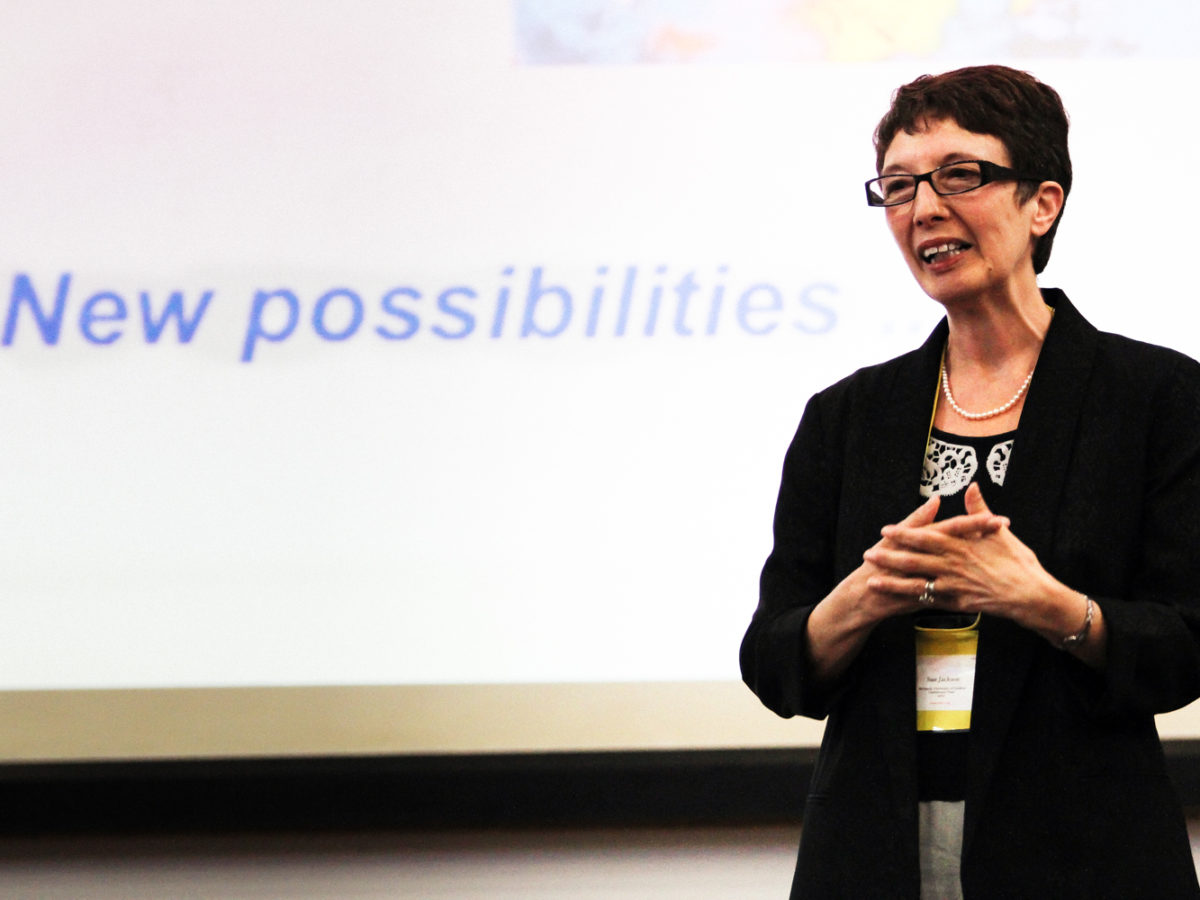The videos below have been filmed at IAFOR conferences and offer insights and perspectives from some of the world’s leading academics.
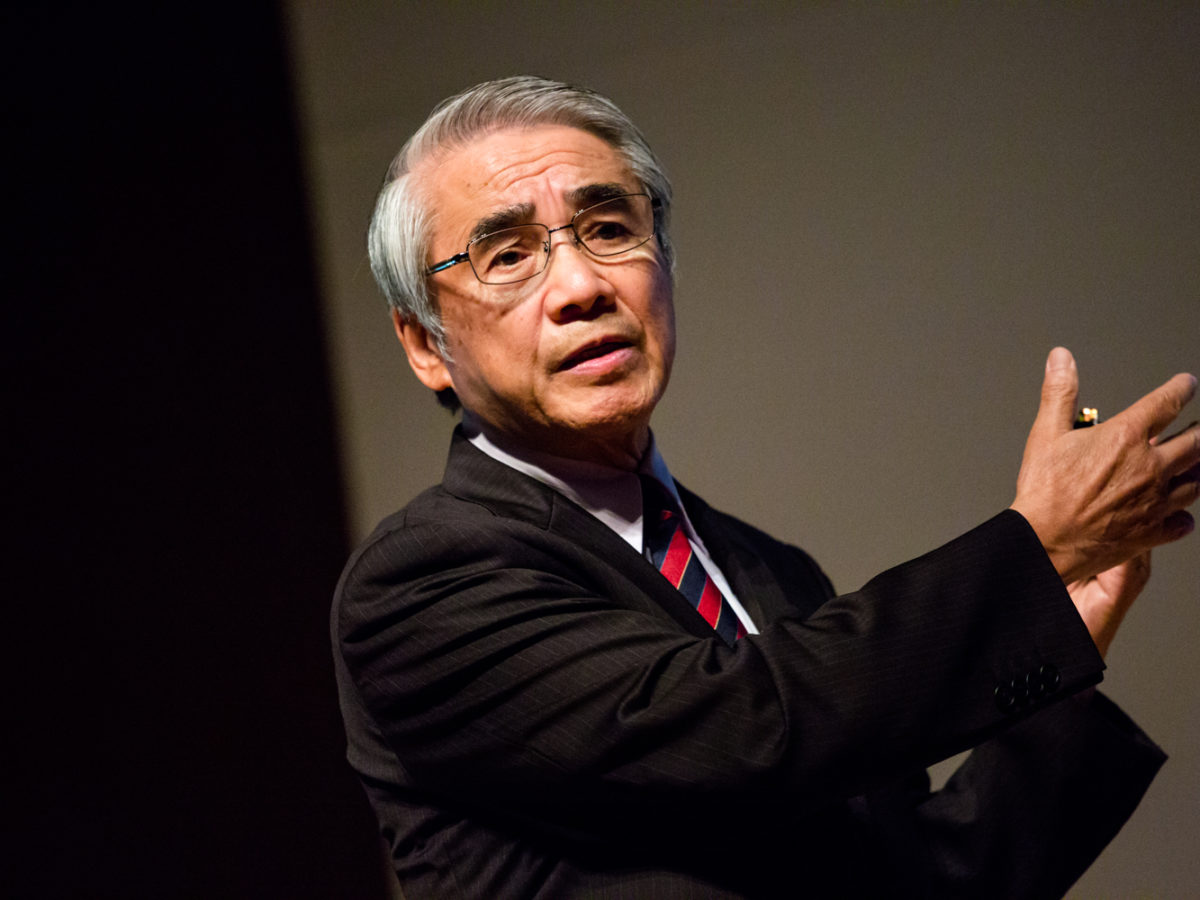
The United Nations and Human Rights
Professor Yozo Yokota gives a thorough and informative talk on his involvement with the United Nations and shares many of his personal experiences as UN Special Rapporteur to Myanmar.
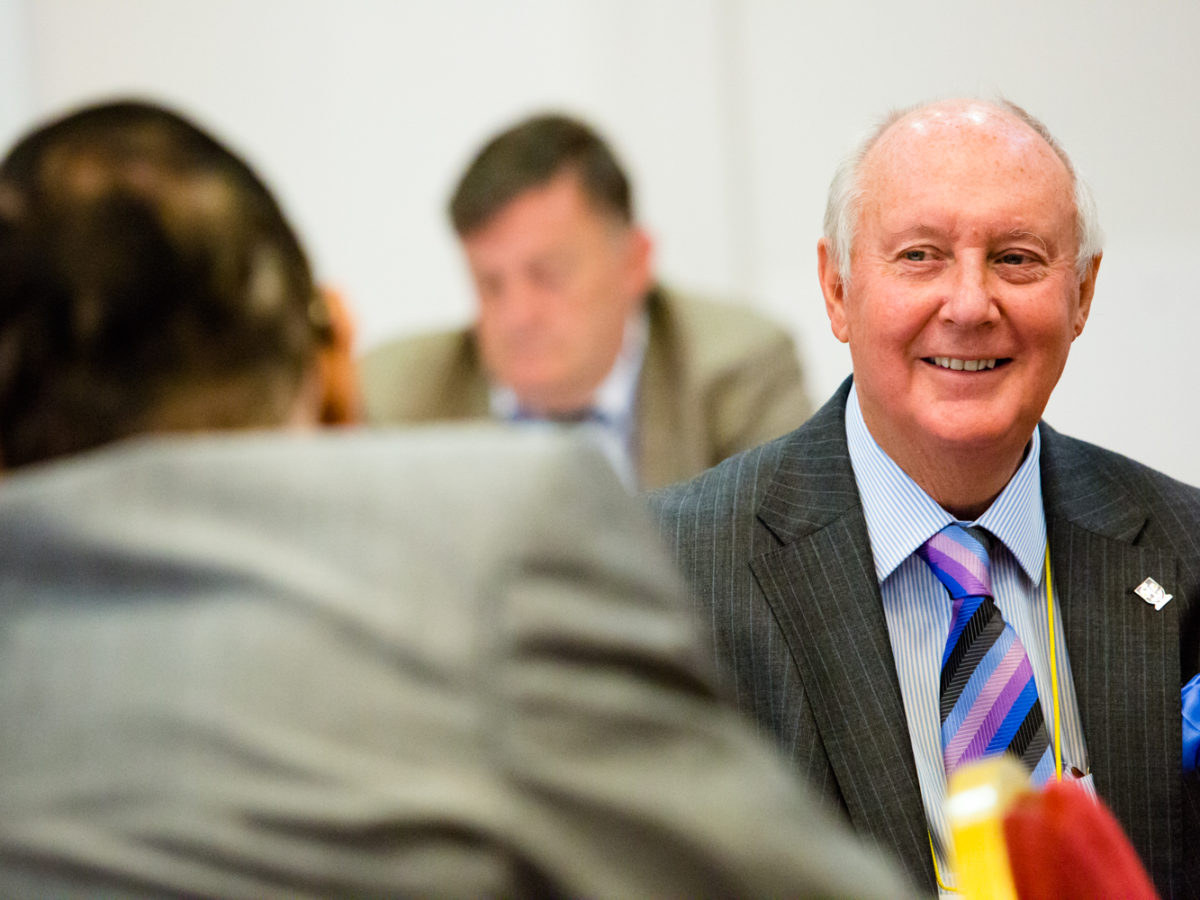
Power: The Impact of Energy Generation on Health and the Environment
Sir Kenneth Calman, Chancellor of the University of Glasgow, discusses the nature of the relationship between the means by which power, in the sense of energy, is generated and the implications for health and the environment.
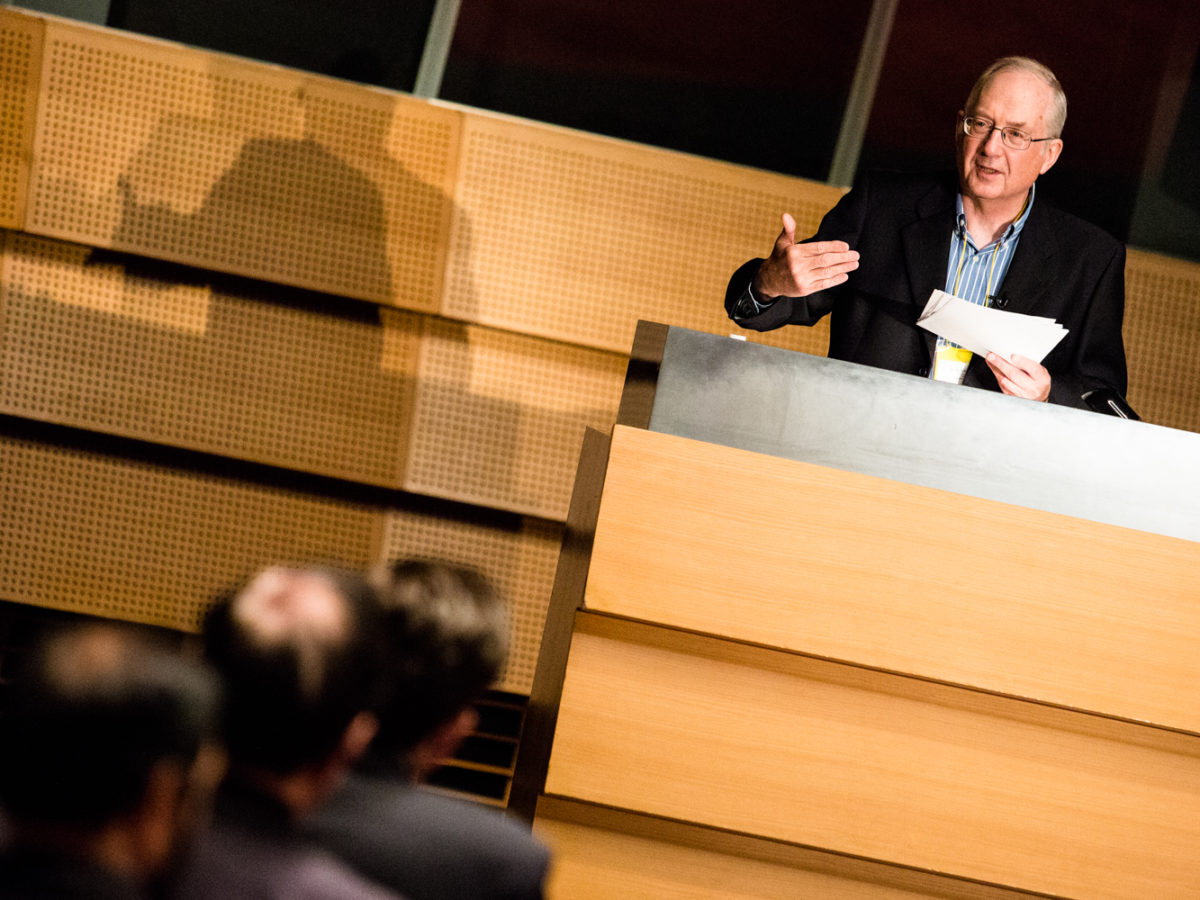
Writing Multicultural America: The Powers of Canon and Ethnicity
“Who gets to say what writing best speaks for the culture? Has there been a preemptive strike in which a largely white, male, protestant body of voice is taken to preside?”
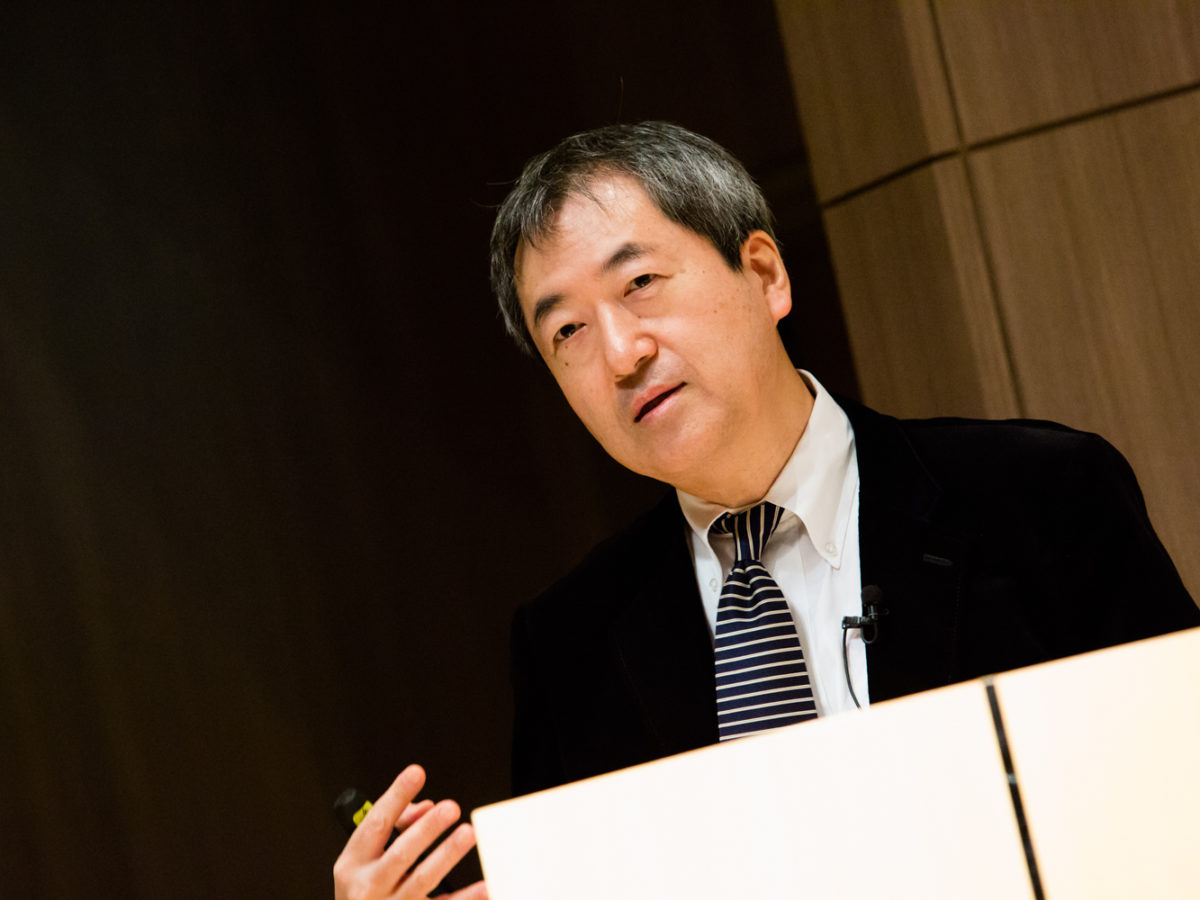
The Nihon University Japanese Longitudinal Study of Aging (NUJLSOA) – History and New Directions
Professor Yasuhiko Saito discusses The Nihon University Japanese Longitudinal Study of Aging (NUJLSOA) at The Asian Conference on Aging & Gerontology 2015 in Kobe, Japan.
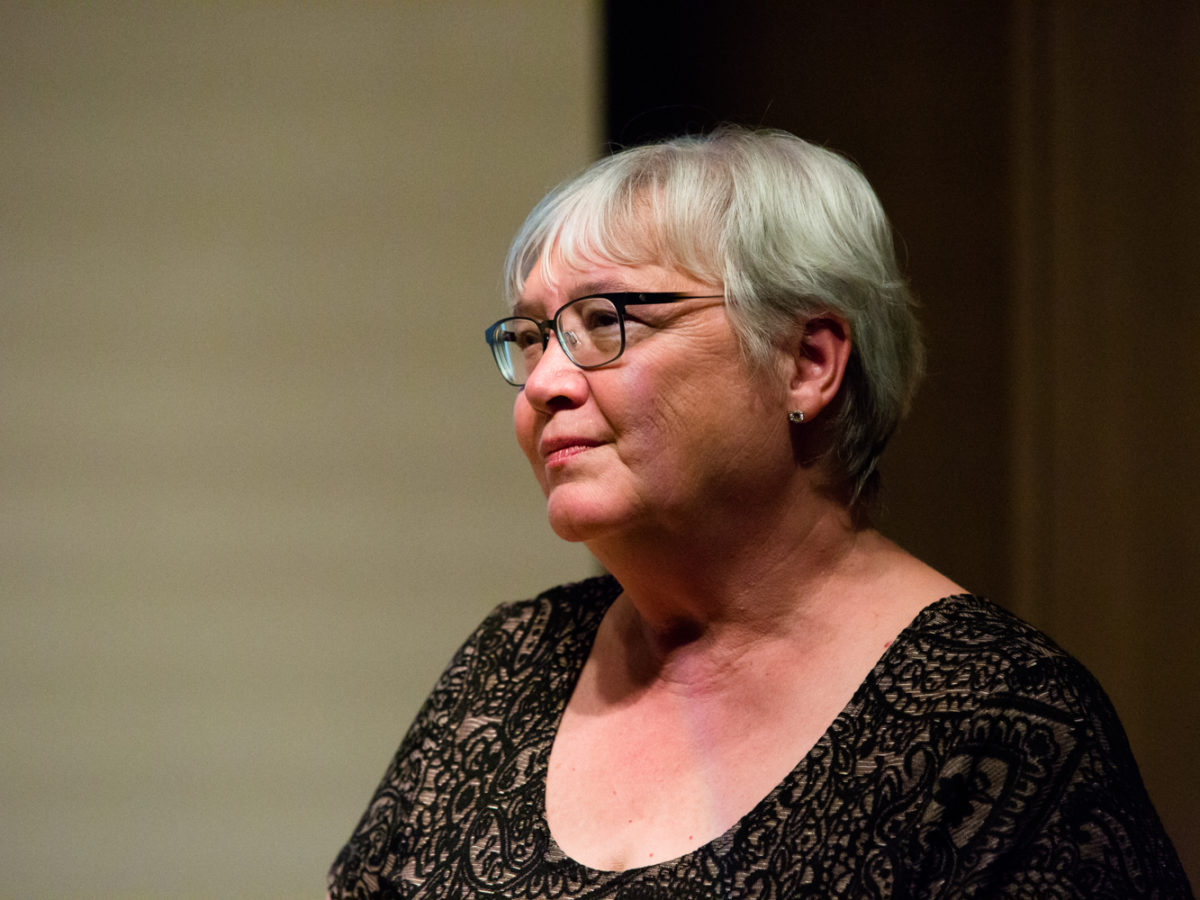
Empowering Learners and the Power of Words
In this follow-up interview to her Featured Presentation at The Asian Conference on Education 2015 (ACE2015) Dr Yvonne Masters sits down with ACE2015 Conference Chair, Professor Sue Jackson, to discuss learner empowerment.
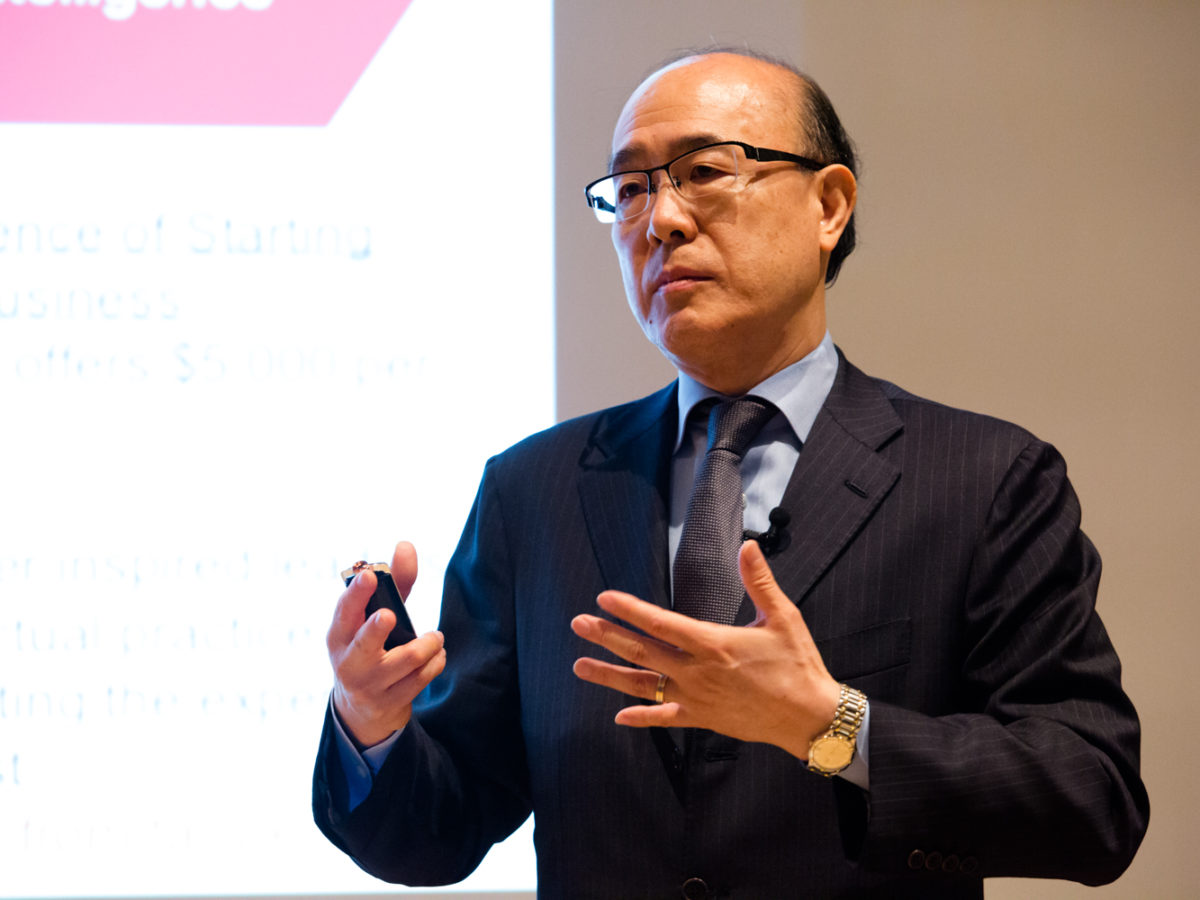
The Changing Focus of MBA Programs in America: Leadership Education at Harvard Business School
Nobuo Sato, Executive Director of the HBS Japan Research Center in Tokyo, examines the changes taking place in HBS MBA leadership education over a 15 year period, and the shifting focus of MBA programs in the US.
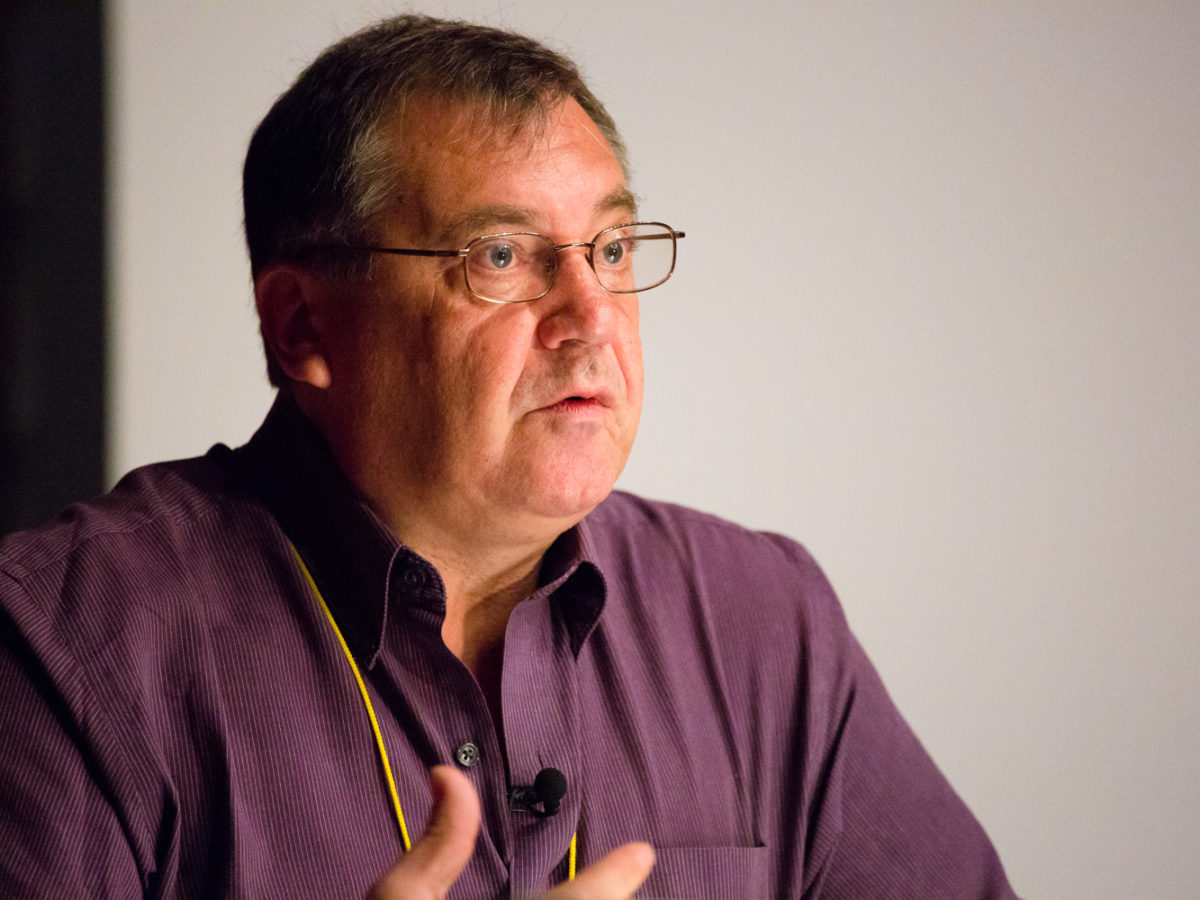
Powers of the Soul – A Very Different Theory of Justice
“While the Greeks were no strangers to the notion of external power… they conceived of such external power as having its sources in the soul of individuals and collectives.”
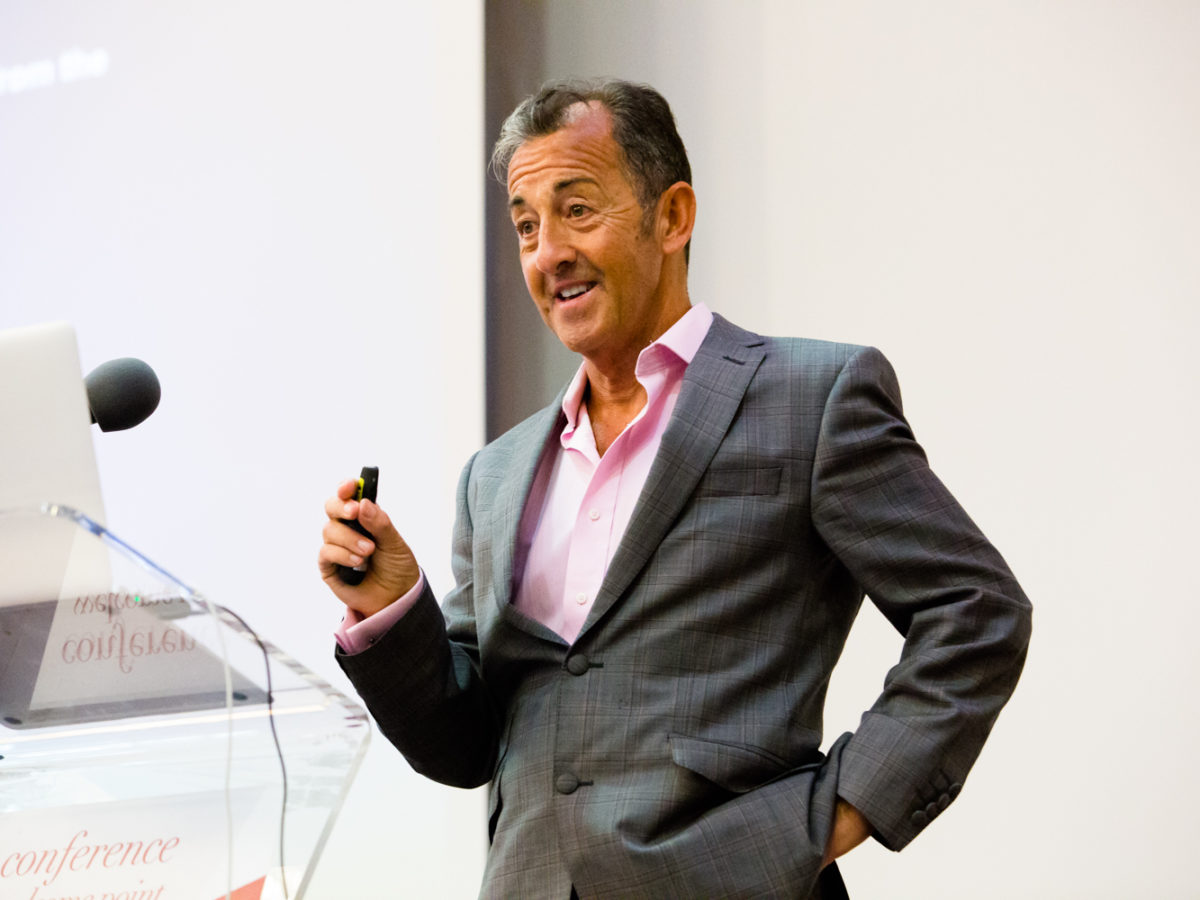
The Divided Self – How a Better Understanding of the Human Mind Could Transform Society
“we must recognise that people don’t actually have a mind – they have two, and this may hold the key as to why people behave in the way that they do. Human beings have ‘a divided self’ and the way that the two separate systems interact may ultimately hold the key to our survival.”
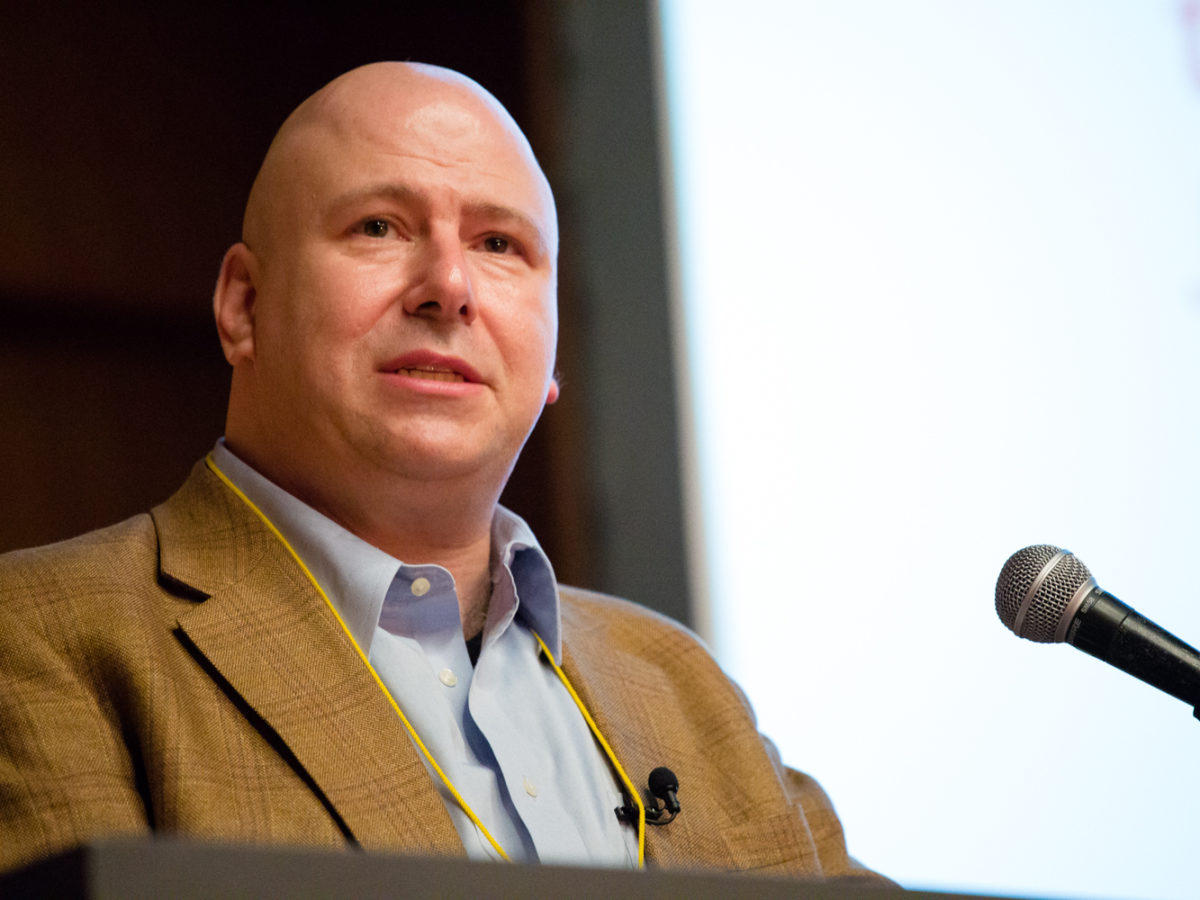
Constitutional Revision in Japan: The Risks for Freedom of Religion and Freedom of Speech
“It is up to the Japanese people to protect the freedoms they have come to value and which they have used in ways that benefit the entire world with Japanese creativity and insight.”
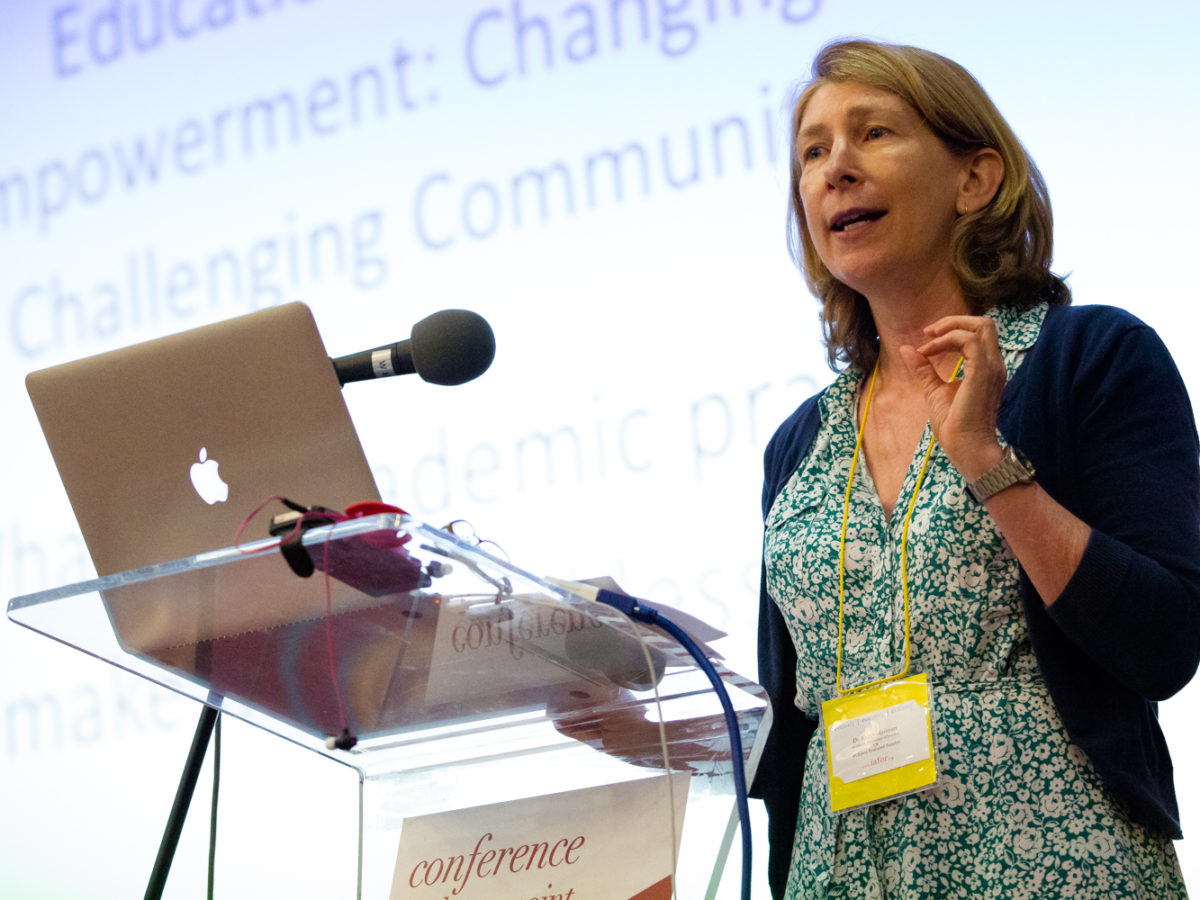
Challenging Practices – Imagining Spaces of Empowerment and Participation
How can education contribute to greater equality, and how we can begin to imagine more democratic and empowering spaces in education?
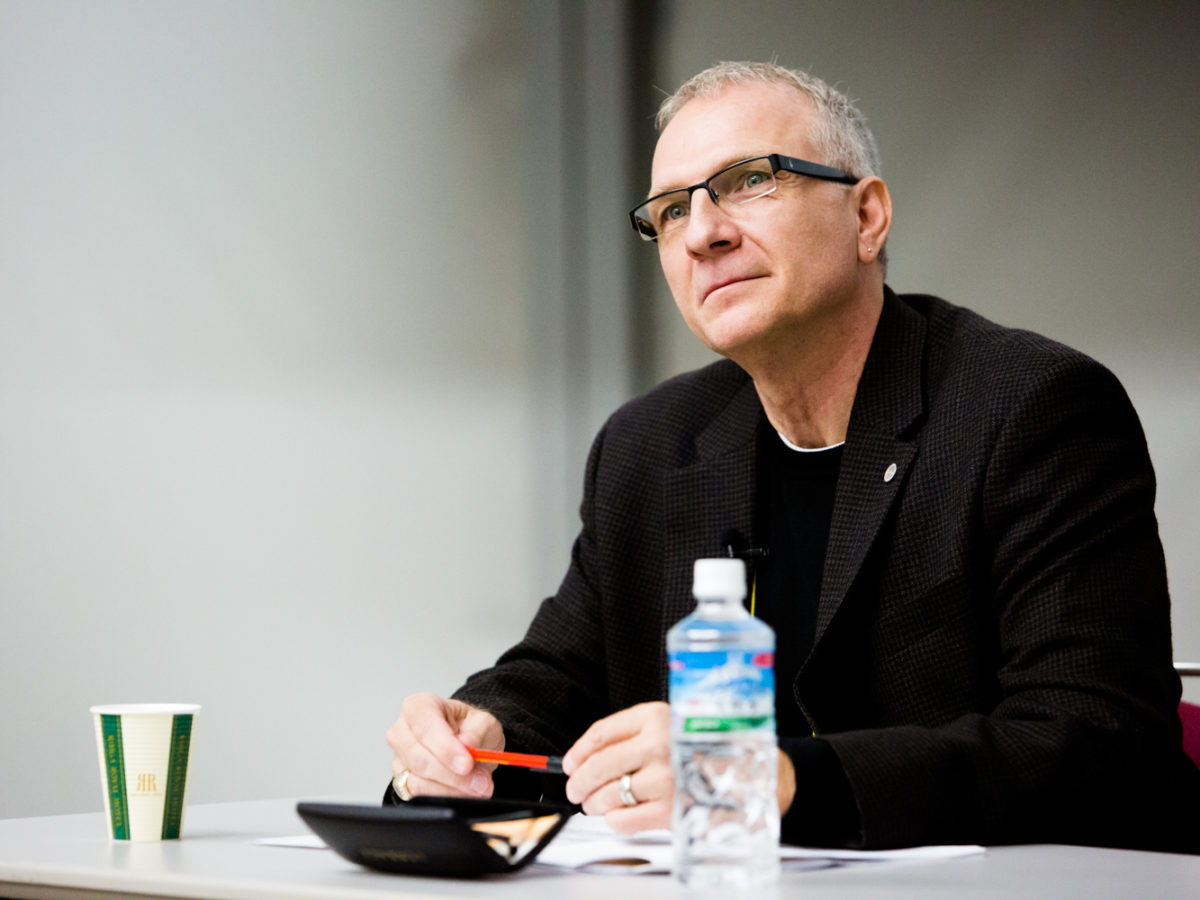
Journalism, Academics and Chinese Media
Three-time EMMY award-winning producer, Professor Gary E. Swanson sits down with Dr Joseph Haldane to discuss his career in journalism and his experiences as an academic in China.
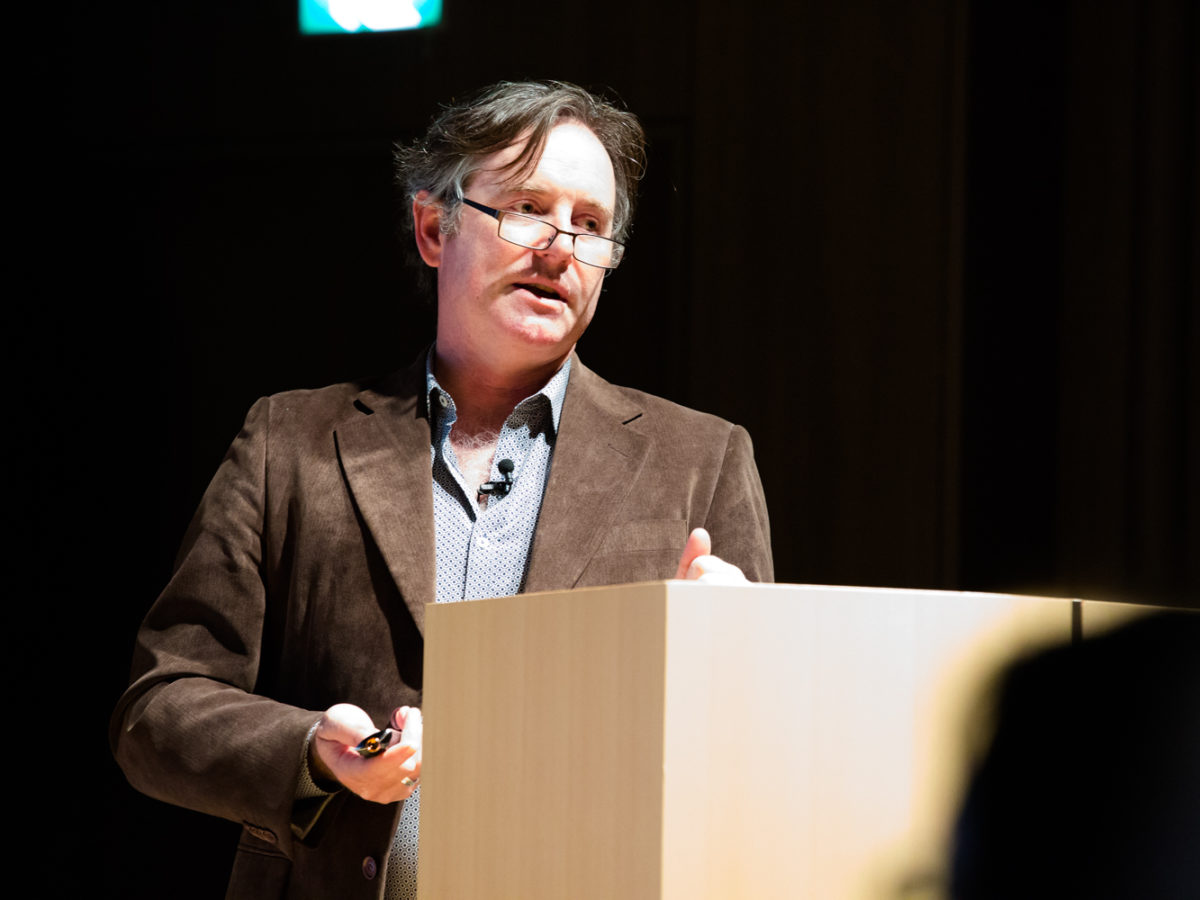
The Internet – History, Human Rights & Potential
Professor Donald E. Hall talks to Professor Gerard Goggin about his research on the internet, how it has become an instrumental part of human rights, and the discussion surrounding it.
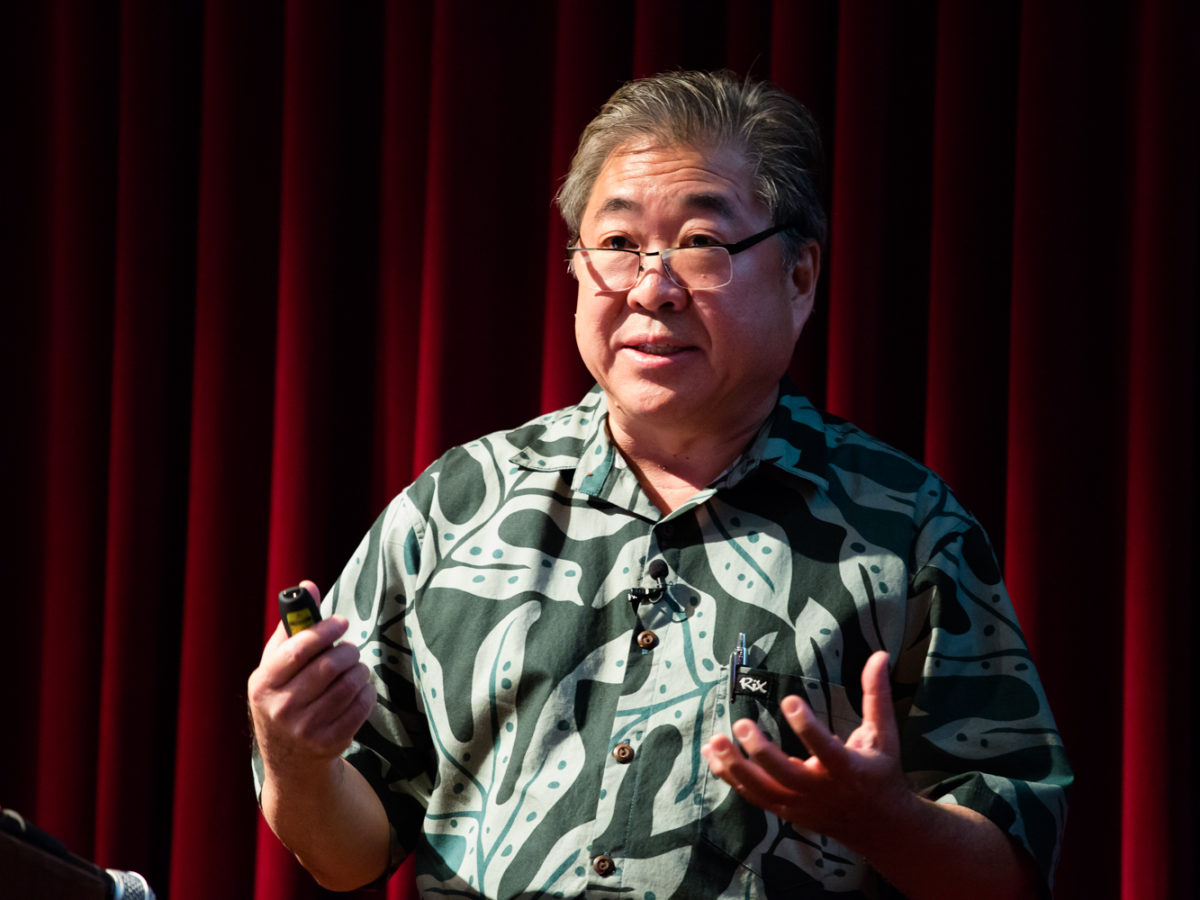
Content Creation and Technology in the Classroom
Professor Ted O’Neill sits down with Professor Curtis Ho of University of Hawai’i at Manoa to discuss technology in the classroom, open educational resources and content creation.
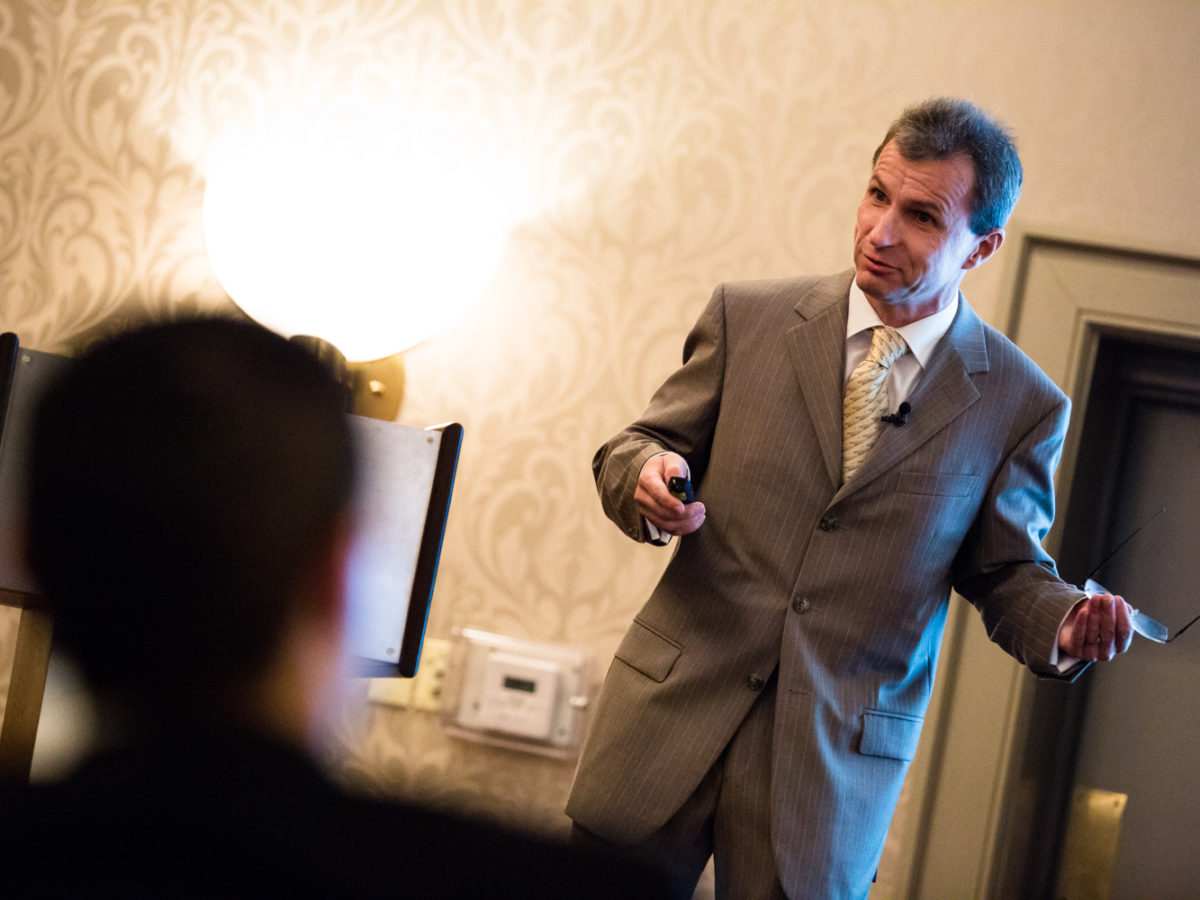
Energy Means the World for the United States
Professor Johannes Moenius outlines risks and opportunities and discusses by how much we can insure ourselves against energy-related risks.
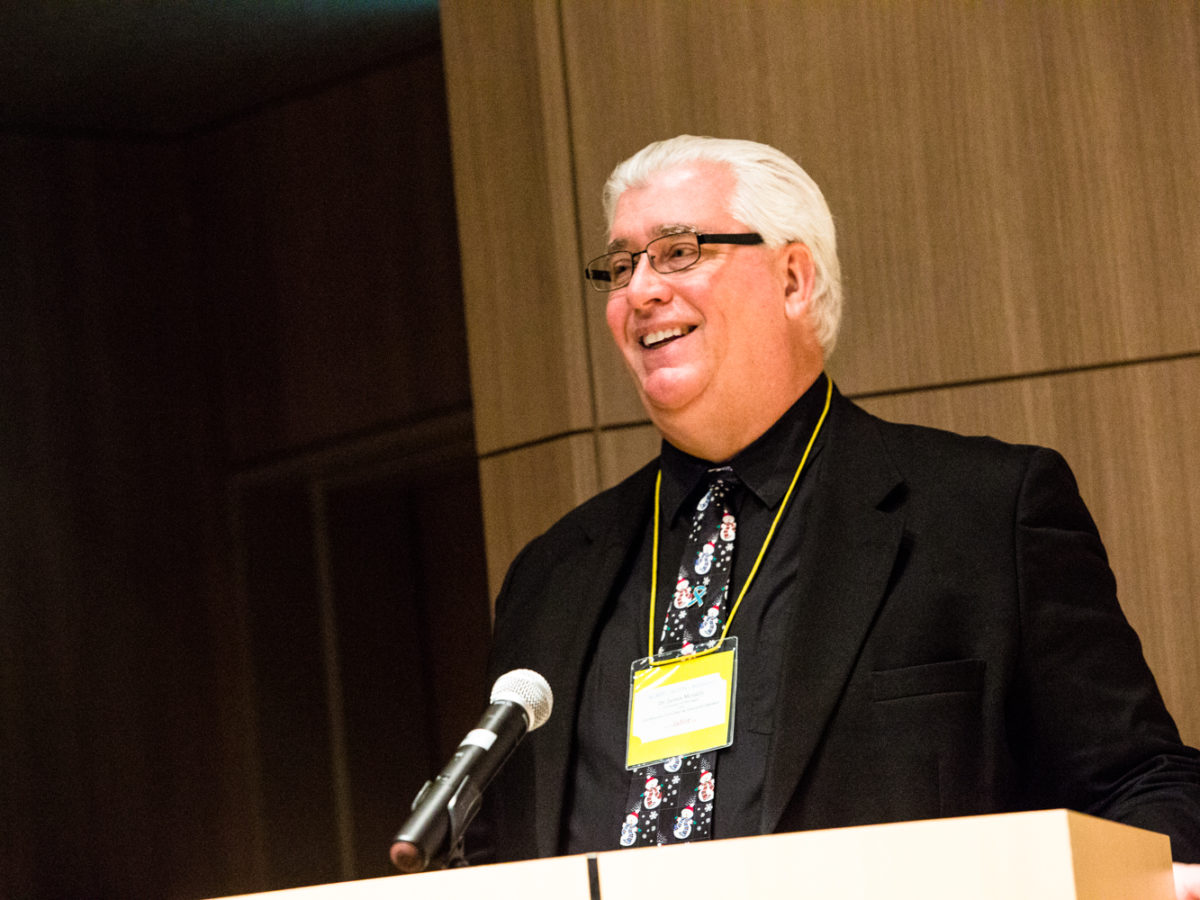
A Message from IAFOR Aging & Gerontology Conference Chair, Dr James McNally
Dr James McNally, Director of the NACDA Program on Aging and IAFOR Aging & Gerontology Conference Chair, discusses IAFOR’s social sciences programme.
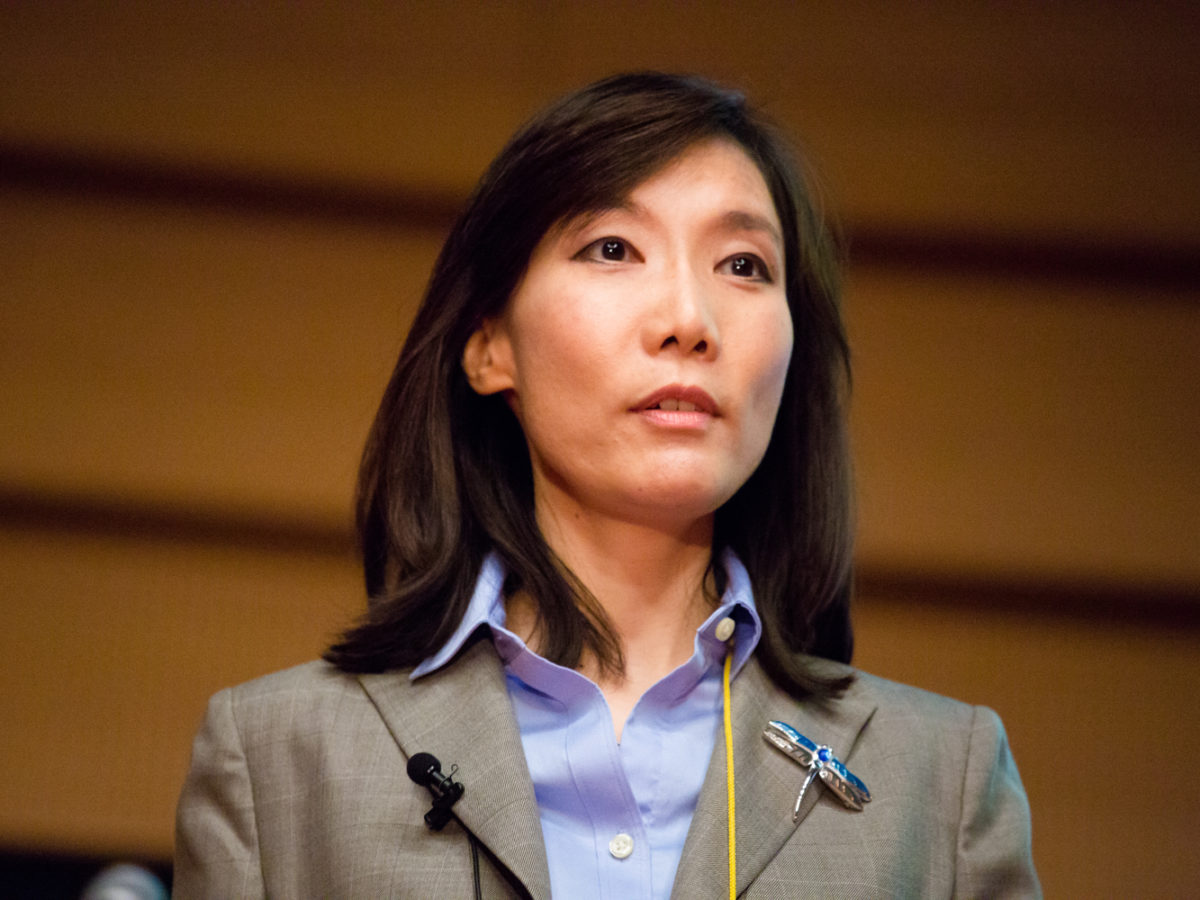
Context-Specific Motivational Beliefs: Determinants of Adolescent Learning & Self-Regulation
In this presentation, Professor Mimi Bong argues for the importance of context-specific motivational beliefs in the self-regulation and academic performance of adolescent learners.
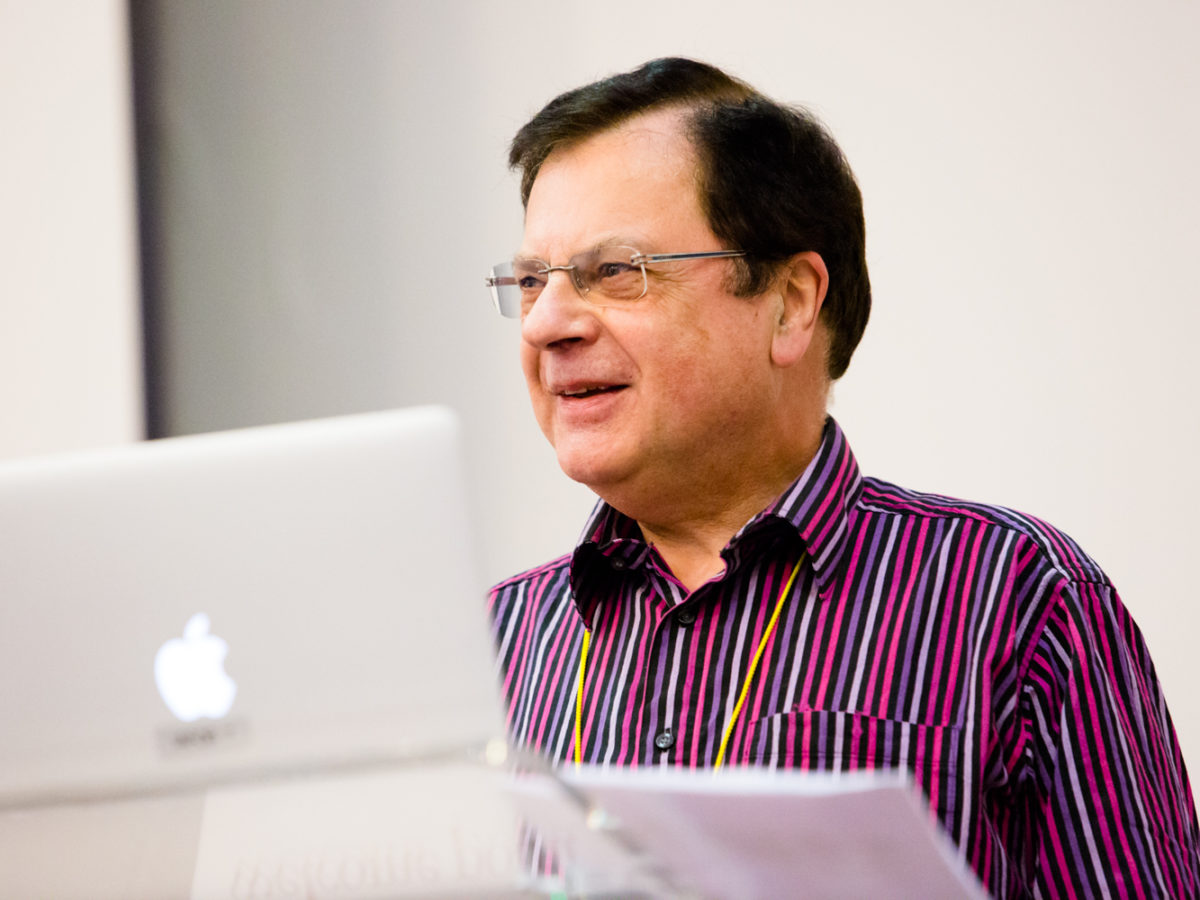
New Religions and Cults
In this interview, religious scholars Professor Stuart D.B. Picken and Dr George Chryssides discuss the emergence of new religions and cultism.
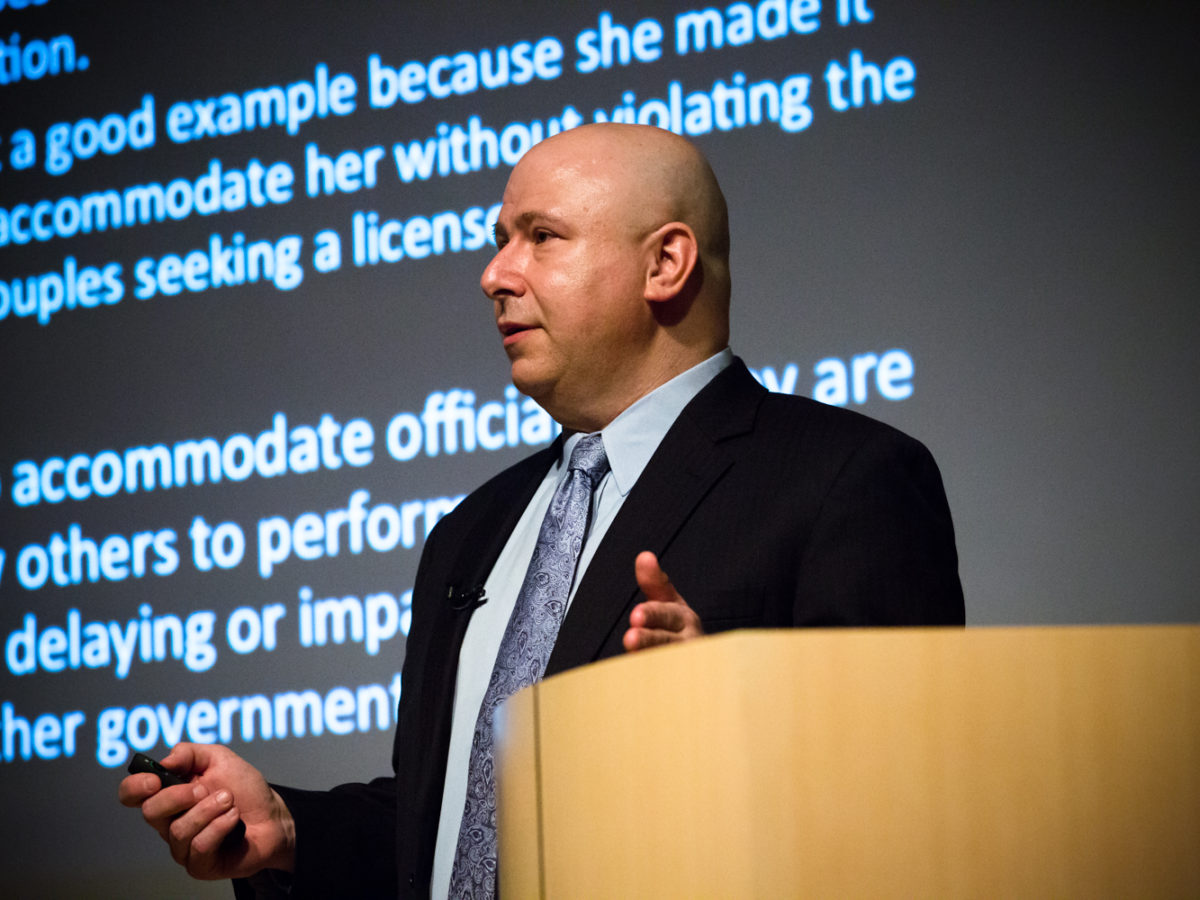
Freedom’s Edge – Religious Freedom, Sexual Freedom and the Future of Justice in America
“The stakes are high. For one side fundamental justice and human rights are involved. For the other fundamental justice and civil liberties are involved.”
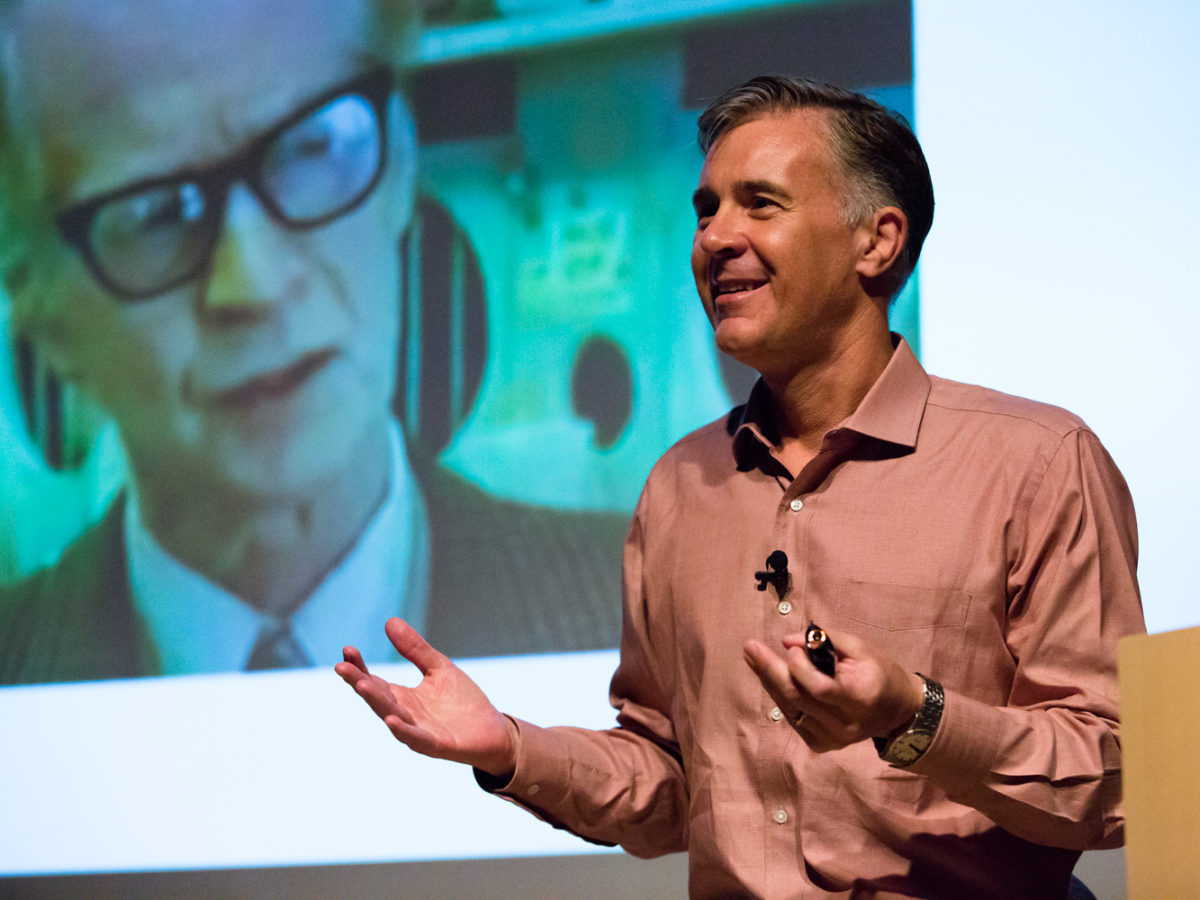
Connections between Psychology and Instruction
In this interview, Professor Stephen Ryan describes his personal experiences in the classroom and the relationship he sees between the hard sciences and natural sciences.
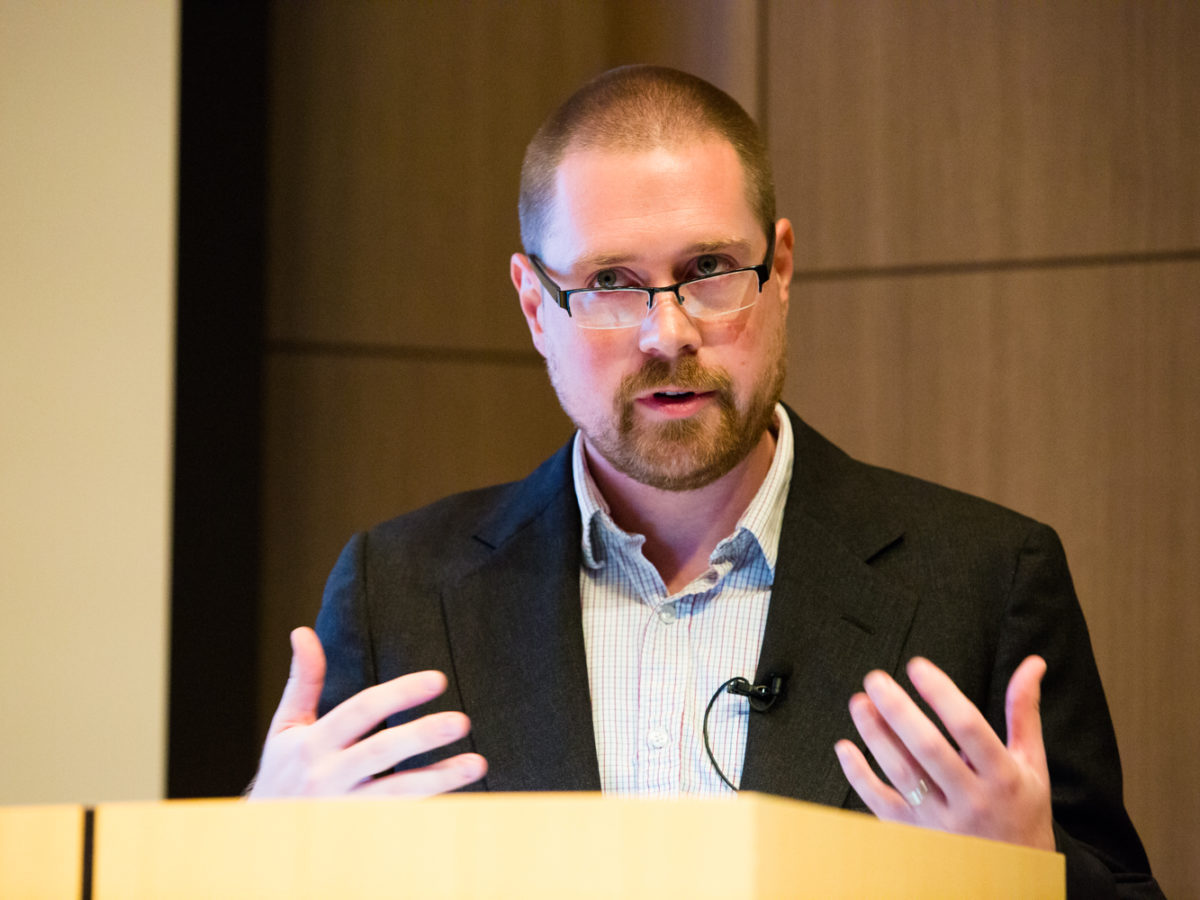
Documentary Journalists on the Front Line
“In this golden age of documentary filmmaking, documentary films now dominate the narrative landscape on television and online bringing in millions of viewers.”
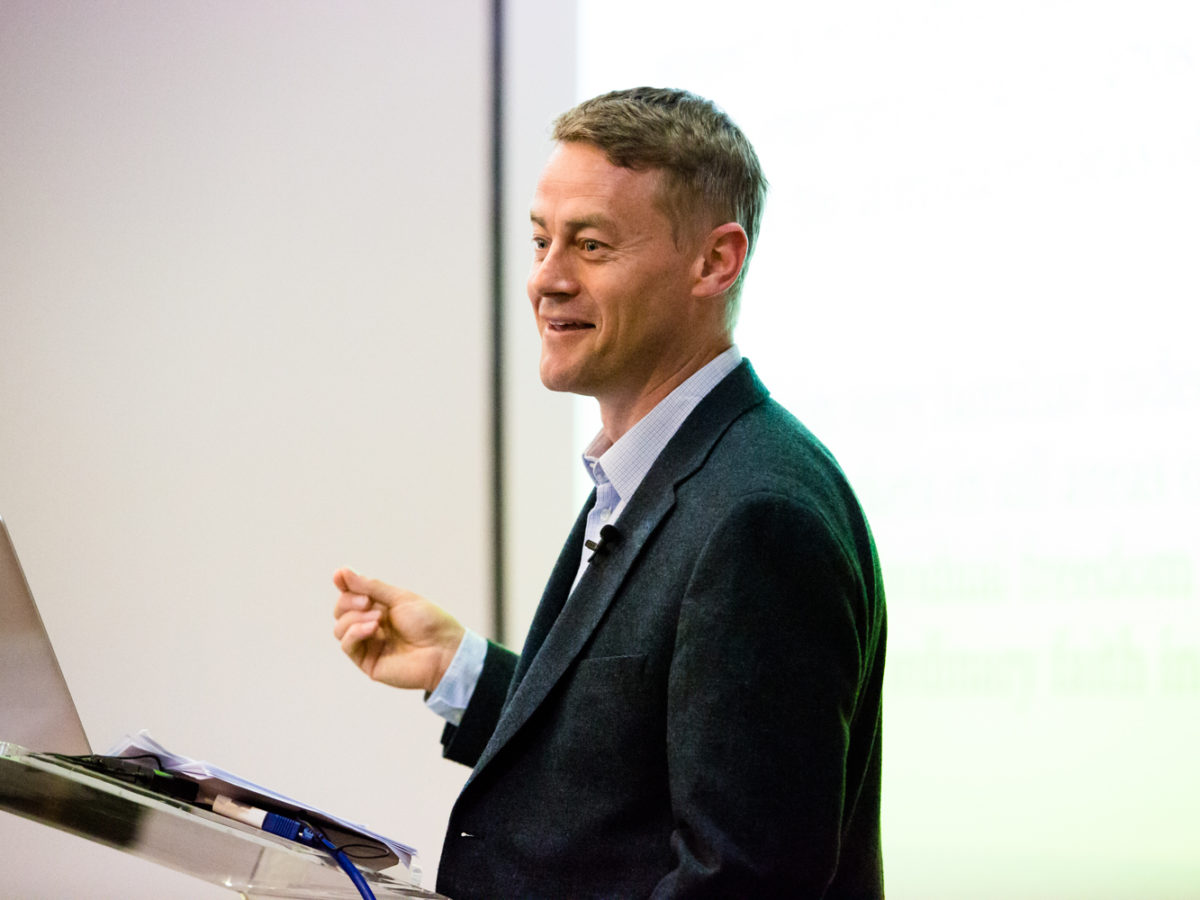
Come build in the empty house: Reimagining Democracy and Education in a Time of Change
Dr Fergal Finnegan makes the case that technological change and new political and cultural formations have opened up the possibility of novel and empowering forms of reflexive action.
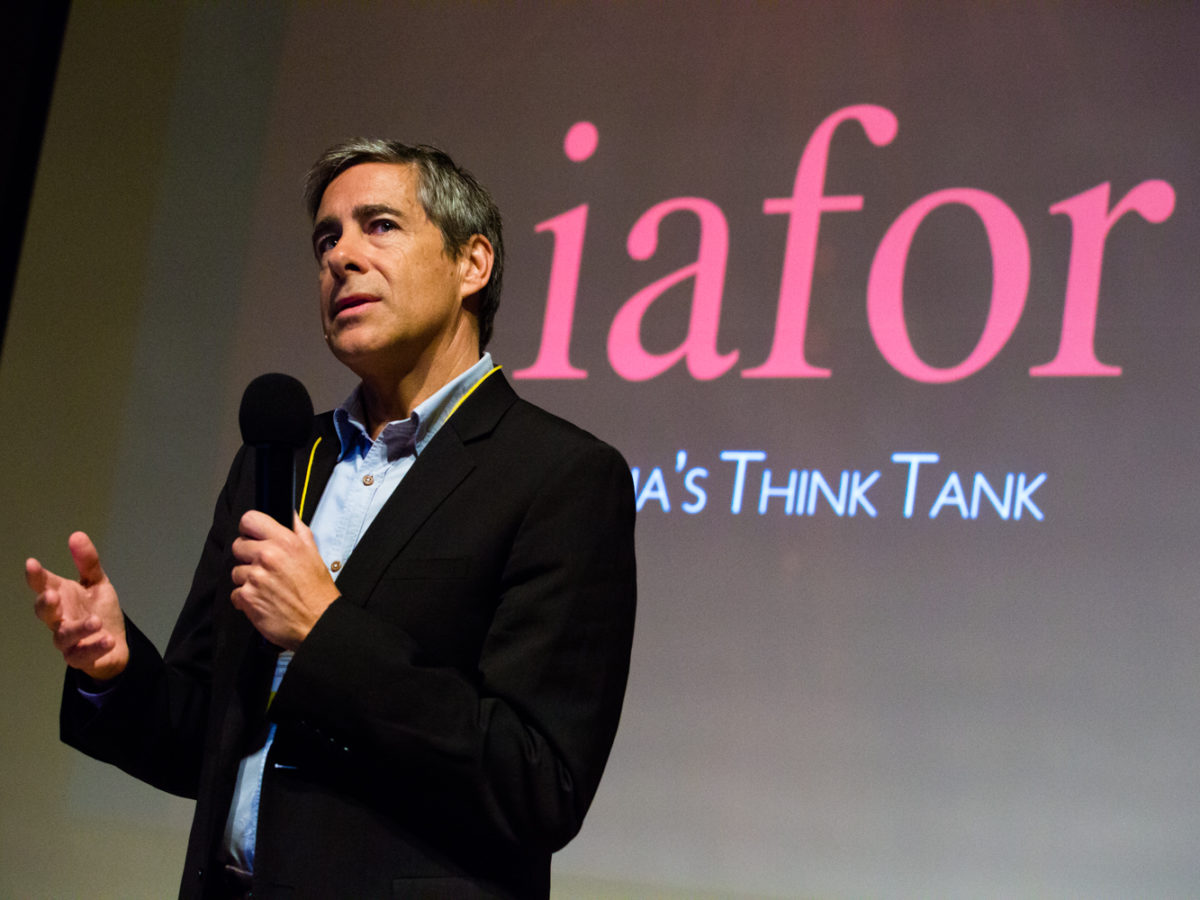
IAFOR – International, Intercultural, Interdisciplinary
The International Academic Forum (IAFOR) brings together influential academics and decision-makers from around the globe who have one thing in common: a desire to make a difference.
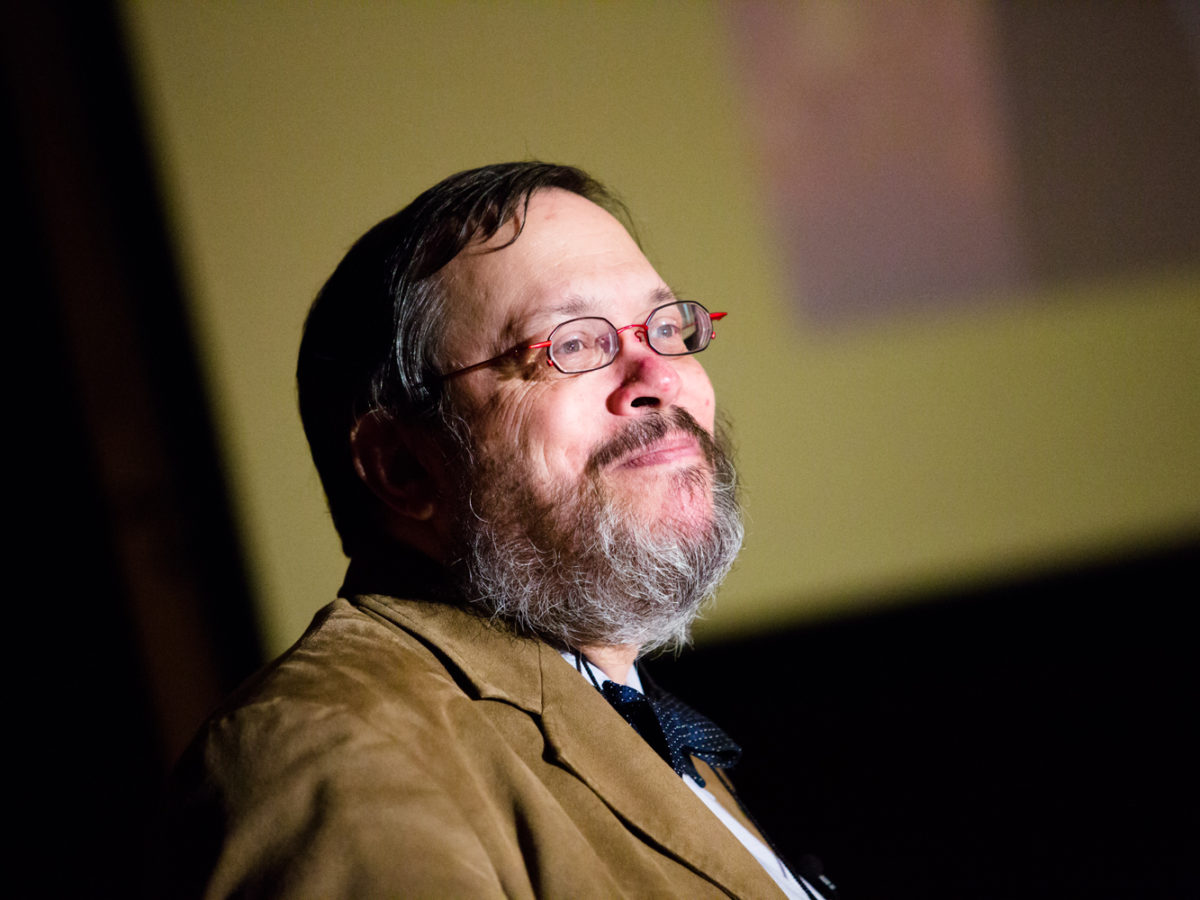
Teacher’s Challenges, Accomplishments & Recognition
How are teachers rewarded? What challenges do they face? Who are their role models? Professor Steve Cornwell discusses these issues at The Asian Conference on Language Learning 2014.

